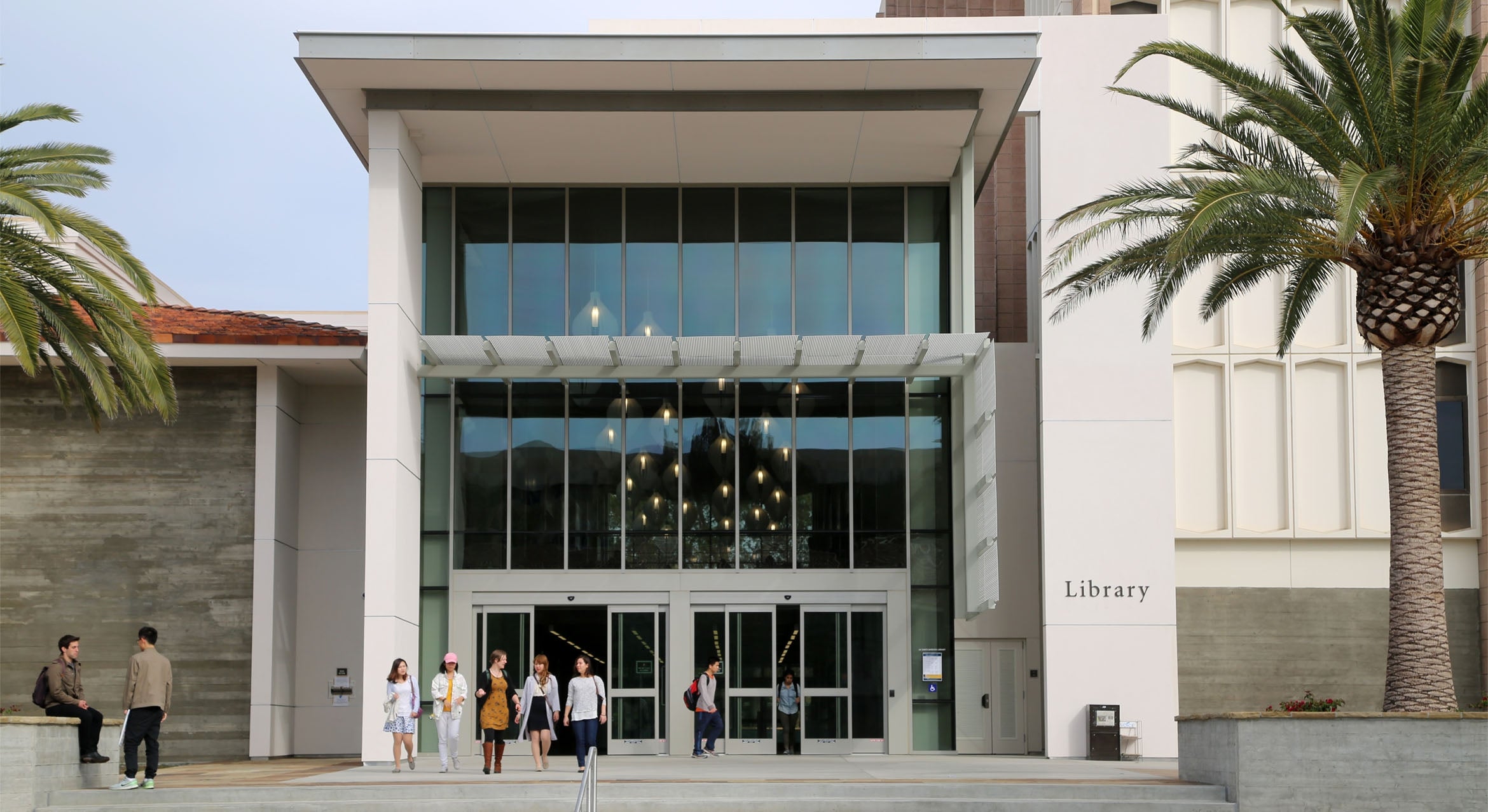New grant supports creation of UC network of open source program offices

The University of California has been awarded a grant by the Alfred P. Sloan Foundation to support the development of a UC-wide network of Open Source Program Offices (OSPOs). This award leverages the work of the Open Source Program Office at UC Santa Cruz (UCSC) and funds a collaboration of UC campuses, including Santa Barbara, as well as Berkeley, Davis, Los Angeles and San Diego with UCSC to promote open source research, teaching and public service.
The $1.85 million grant will serve to institutionalize the OSPO approach in the UC system by creating coordinated activities that support local campus OSPOs and building a network that can leverage multi-campus efforts. Of the total amount, UCSB will receive $328,942 and will create a postdoctoral position focused on open source landscape analysis and sustainability.
At UCSB the collaboration is led by Amber Budden, associate university librarian for digital strategies in the UCSB Library; Jonathan Balkind, an assistant professor of computer science; and Greg Janée, the library’s director of Research Data Services, in partnership with faculty and staff from across campus.
“We are very excited to be part of this collaboration and to connect our open-source campus community with services and resources within the UC system,” said Budden. “UCSB has broad expertise in open source development and we look forward to engaging the community in these discussions and developing synergies with other information technology and open source initiatives emerging on campus.”
The establishment of OSPOs reflects the recognition in the UC system of the value of open source in increasing the impact of academic research and furthering the education and public services missions. Open source has been traditionally thought of as it relates to making software publicly available, but it can also include a more expansive view that includes library sciences, hardware development, and more.
With a previous grant from the Sloan Foundation, UCSC two years ago became the first public university in a large state-wide system to establish an OSPO. While there are now several OSPOs at universities throughout the country, UC’s model is unique in that it uses a networked approach to leverage the diverse range of knowledge that exists throughout the system. This means that the UC network will be able to share existing resources and take unified approaches to common challenges.
The new grant will enable the UC OSPO network to pursue three main goals: to strengthen collaboration and knowledge sharing among the campuses, to highlight to UC leadership the value of the network and of OSPOs at various campuses, and to identify resource and governance structure to allow the network to grow and thrive beyond the grant period. The UC OSPO network is also intended to serve as a model for other large systems to follow.
UCSC Professor of Computer Science James Davis is the principal investigator on this grant as the new director of UCSC OSPO. Stephanie Lieggi, UCSC OSPO’s executive director, is co-principal investigator, along with Fernado Perez and Stéfan van der Walt at UC Berkeley; Peter Brantley and Vladimir Filkov at UC Davis; Todd Grappone and Tim Dennis at UCLA; David Minor and Erik Mitchell at UC San Diego; and Budden and Balkind at UCSB.
Shelly Leachman
Editorial Director
(805) 893-2191
sleachman@ucsb.edu



